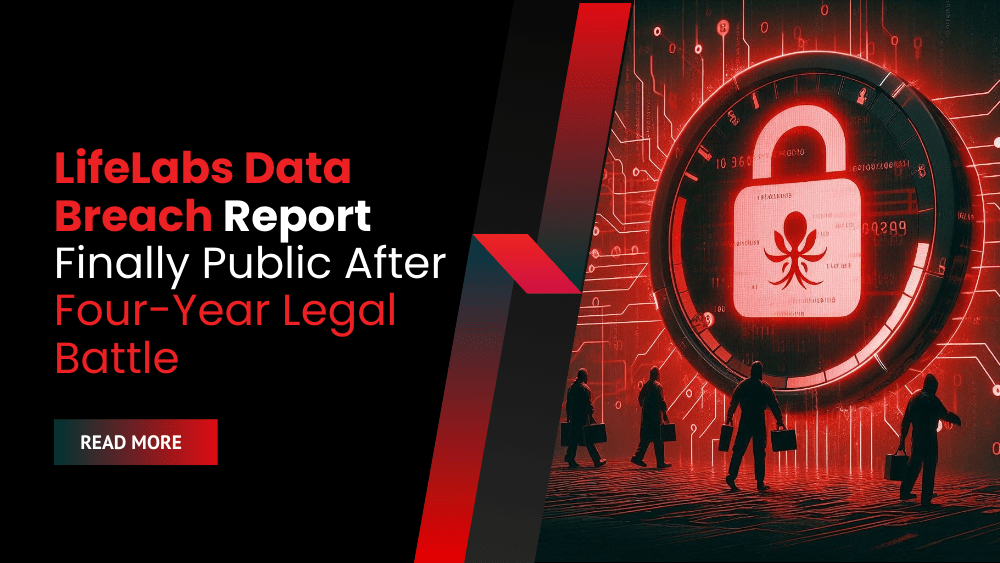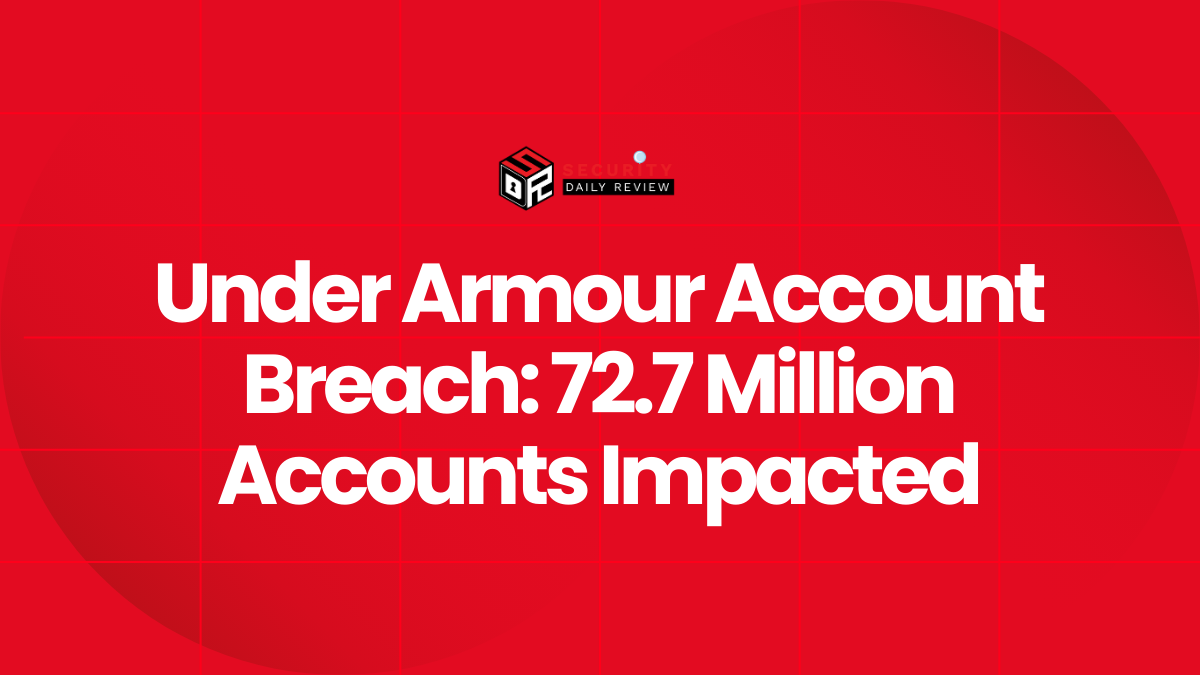LifeLabs Data Breach: A Four-Year Fight for Transparency
A comprehensive report detailing the devastating 2019 LifeLabs data breach has finally been made public. The release comes after a four-year legal battle waged by LifeLabs Inc. to prevent the disclosure of the investigation’s findings. The report, jointly conducted by the British Columbia and Ontario privacy commissioners, exposes significant security failings by the medical testing company, impacting millions of Canadians’ sensitive health information.
Security Failures and Inadequate Safeguards
The report, completed in June 2020, unequivocally states that LifeLabs “failed to take reasonable steps” to protect the personal health data of its clients. The investigation revealed that the company collected far more personal health information than was deemed “reasonably necessary,” highlighting a critical lapse in data protection protocols.
The privacy commissioners’ statement emphasizes the severity of the situation, stating that LifeLabs’ actions violated patients’ trust and exposed them to unacceptable risks. The breach allowed hackers to access the personal information of up to 15 million customers.
LifeLabs’ Response and Court Battles
LifeLabs initially attempted to block the publication of the report, citing ongoing litigation and solicitor-client privilege. This attempt was met with strong opposition from the privacy commissioners’ offices. The company’s subsequent judicial review in Ontario’s Divisional Court and appeal to the Ontario Court of Appeal were both unsuccessful, ultimately leading to the report’s release.
The Commissioners’ Response and Calls for Accountability
British Columbia’s Information and Privacy Commissioner, Michael Harvey, expressed his frustration with the protracted legal battle, stating that “the road to accountability and transparency has been too long” for the victims of the LifeLabs data breach. He underscored the importance of learning from past mistakes to prevent future breaches, emphasizing the need for transparency in sharing these lessons.
Ontario’s Information and Privacy Commissioner, Patricia Kosseim, expressed satisfaction with the court’s decision, highlighting its role in restoring public trust in oversight mechanisms designed to hold organizations accountable. The report ordered LifeLabs to address several critical issues, including appropriately staffing its security team. The commissioners’ statement confirms that LifeLabs has since complied with all orders and recommendations.
Financial Settlement and Impact on Patients
In May 2024, a class-action lawsuit against LifeLabs concluded with a Canada-wide settlement of up to $9.8 million. More than 900,000 valid claims were received by administrator KPMG. The settlement provides some financial redress to those affected by the LifeLabs data breach, but the long-term impact on patient trust and data security remains a significant concern. The LifeLabs data breach serves as a stark reminder of the importance of robust data protection measures within the healthcare industry.
Lessons Learned and Future Implications
The LifeLabs data breach serves as a cautionary tale for organizations handling sensitive personal data. The four-year delay in releasing the report underscores the challenges in balancing transparency and accountability with legal complexities. The report’s findings highlight the need for organizations to prioritize data security, implement robust safeguards, and proactively address potential vulnerabilities to protect the privacy and trust of their clients.
The LifeLabs data breach, and the subsequent legal battles, have brought the issue of data security in the healthcare sector to the forefront, prompting calls for stricter regulations and enhanced data protection measures. The lessons learned from this case are crucial for preventing similar breaches in the future.










